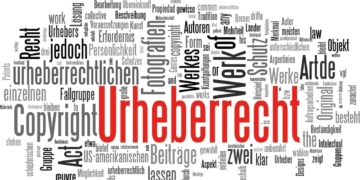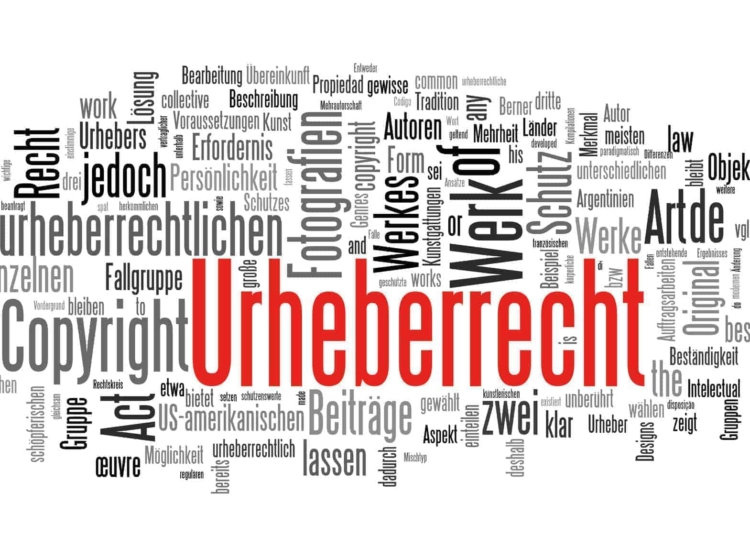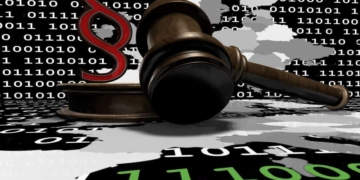The topic of keyselling is diverse and also peppered with countless false (legal) information. In addition, some law firms, which currently represent publishers and software providers, often present it as if keyselling is fundamentally illegal. However, this is by no means the case. The beginning of the court decisions was, among others, the Berlin Regional Court in a case I represented(see here) and my interview with Gameswelt. However, the circumstance which led to that judgment was a very special one and is difficult to transfer to general providers of, for example, computer game product keys. I have also been able to explain this from a few years ago in an extensive report, which is unfortunately not publicly available. Legally, the problem is whether the so-called copyright exhaustion principle has occurred, whether it can occur as a related work in computer games, or whether European law provides exceptions here.
In 2016, the Federal Court of Justice made an important decision on this, but it can also only be generalized to a limited extent. It is important to determine the exact circumstances, business processes, the sources of the keys and the manner of distribution in order to be able to make statements about the legality of a keyshop. The repeatedly cited judgment of the Giessen Local Court(see my blog post here), for example, also concerns a case of the use of licenses contrary to the express purpose of the provider.
However, the Federal Court of Justice recently made another decision, but there are also legal issues relating to money laundering, illegal use of paysafe cards and other legal issues. However, it also makes statements on the principle of exhaustion:
In the second complex of offences, the defendants spread computer programs within the meaning of Section 69c No. 3 UrhG by sending the product keys and links to download the software and thus, in the absence of the consent of the rightholder and other authorization, were able to Abs. 1 UrhG. Exhaustion of the distribution right in the cases in question has not been established and was not obvious given the origin of the product keys from illegal Chinese sources. Exhaustion occurs in accordance with The second sentence of Paragraph 69c No. 3 of the UrhG, where the copy of a computer program, with the consent of the rightholder, is established in the territory of the European Union or by any other State-general of the Agreement on the European Economic Area by way of the sale is placed on the market (see also BGH, judgment of 17 July 2013 – I ZR 129/08, NJW-RR 2014, 360 – “UsedSoft II”). This is not the case if the computer program is sold outside the Community. […]
Keysellers may legitimately offer such a service, but may also take great risks with regard to warnings and criminal consequences. Legal advice is strongly recommended.












































